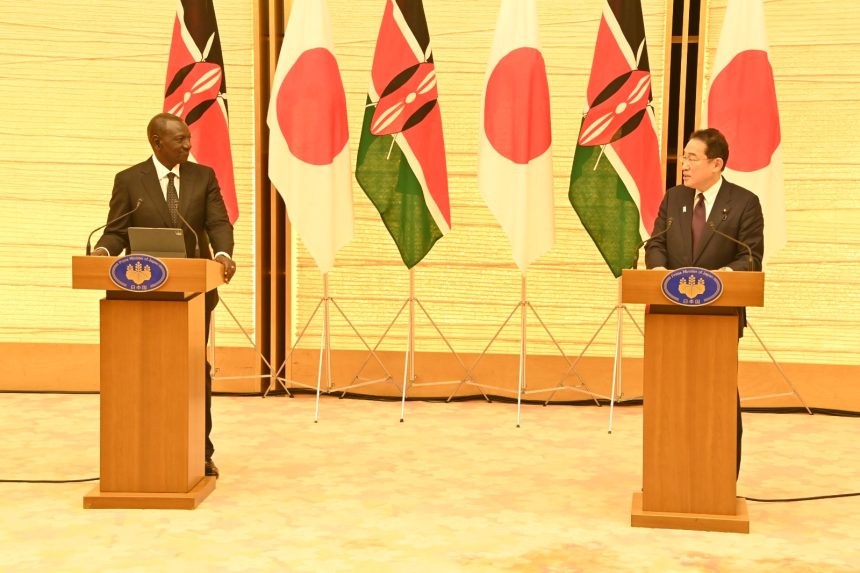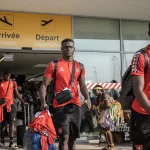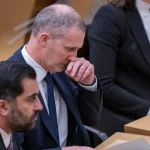Financial agreements worth Ksh.350 billion have been signed during President William Ruto’s visit to Japan.
These agreements will support projects and programmes in sectors that are aimed at turning around the economic fortunes of the country.
The largest projects to benefit are Dongo Kundu Infrastructure Ecosystem and the Mombasa Gateway Bridge at the Coast at Ksh.260 billion.
President Ruto and Prime Minister Fumio Kushida also agreed that Kenya will issue a Ksh.40 billion Samurai bond in Japan to finance energy and infrastructure projects.
A Samurai bond is a yen-denominated bond issued in Tokyo by a non-Japanese company. The bond is, however, subject to Japanese regulations.
Kenya also secured Ksh.30 billion from the Japan Bank for International Cooperation to purchase heavy machinery and mechanised assets.
The Olkaria Geothermal Development Project will get Ksh.15 billion. Japan will also provide Ksh.1 billion for the production of medical oxygen for various hospitals.
Through the United Nations, Kenya will receive Ksh.320 million humanitarian aid for those affected by the recent El Nino-related floods.
President Euro witnessed the signing of the bilateral agreements on Thursday after holding talks with Prime Minister Kishida of Japan.
“After a comprehensive engagement with the Prime Minister on the partnership between Kenya and Japan, I am confident that our bilateral relations will remain strong, robust and dynamic,” he said.
Other agreements include MoUs on cooperation in the ICT, health, finance and security sectors.
He said the MoU will include enhancing the capacity of the Kenya Medical Research Institute (KEMRI) to build on its pandemic management potential at a cost of Ksh.3 billion.
To strengthen the partnership between the two countries in defence, an agreement on Defence Cooperation was also signed.
This makes Kenya the first African country to sign a defence pact with Japan.
“This will enable us to work together in promoting peace and stability in Africa and all maritime trade routes,” he added.
The President acknowledged Japan’s support for the completion of Phase II of the Mwea Irrigation Scheme and the National Rice Masterplan.
“This is a mechanism for achieving food security in our country and, indeed, Africa,” he said.
The two leaders also agreed on the modalities of financing national development through frameworks such as government-to-government and Public-Private Partnerships.
“As a consequence, a PPP framework was signed between our two governments. We, therefore, agreed to take deliberate steps to facilitate the private sector to play a leading role in Kenya-Japan economic cooperation programmes and projects,” he said.
The Head of State urged Japan to support reforms of the international financial system that will guarantee developing countries fair and equitable development financing.
“Japan has a strong voice which can support and amplify effectively the disenfranchised voices of developing countries in regard to their peculiar developmental needs in access to affordable financing,” he said.
The President acknowledged Japan’s support for the UN Secretary-General’s budgetary proposal for the modernisation of the United Nations Office in Nairobi.
The President also urged Japan to support Kenya’s campaign to strengthen UN agencies resident in Nairobi.
“I also appealed to His Excellency the Prime Minister to support our bid to host the International Plastics Convention in Nairobi,” he said.
The two leaders also discussed the security situation in the Horn of Africa, the Great Lakes region and Haiti.
“I requested Japan’s support for the Multinational Stabilisation Mission to Haiti and for other AU regional peace initiatives, particularly those in which Kenya is playing a leading role,” he said



